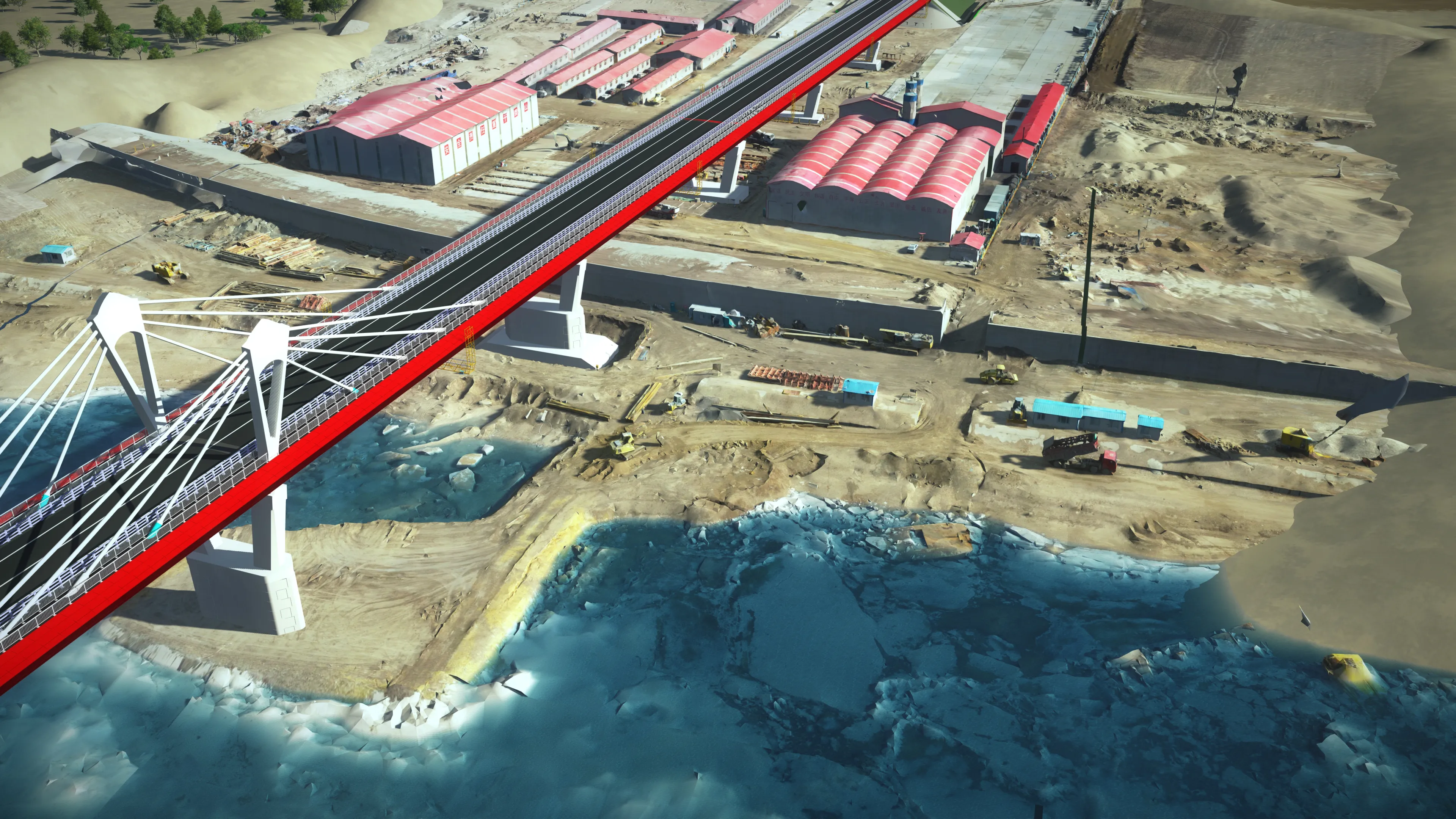A new proposal to introduce road user charging for Hong Kong has been put forward in a bid to cut congestion. The Hong Kong Policy Research Institute (HKPRI) has suggested that open road tolling would help improve journey times for drivers, while delivering a smart city solution to Hong Kong’s chronic congestion. Cashless tolling technology has been suggested as helping deliver the best option, by eliminating the need for drivers to stop and make payments, optimising smart mobility.
Another proposal put forward to lower Hong Kong’s congestion meanwhile is for increases to tolls on the Cross-Harbour Tunnel (CHT) and Eastern Harbour Tunnel (EHT) links. In addition, tolls would be lowered for the Western Harbour Tunnel (WHT). The changes to the tunnel tolls could be introduced by 2020, with this option delivering congestion cuts for the shorter term.








